
- Inspiring People -
- 9mins -
- 99 views
THE BEST 2021 NEWS STORIES MOST MEDIA DIDN’T COVER
We don’t need to tell you that 2021 was a tough year, but we would like to remind you it wasn’t all bad. Here’s a recap of 12 of BrightVibes’ favourite underreported, positive news stories.
THE top 12 NEWS STORIES from 2021 MOST MEDIA DIDN’T COVER
Every year about this time, BrightVibes likes to recap some of our favourite positive news items from the past 12 months that perhaps didn’t get the media attention they deserve. That’s what we at BrightVibes do. We’re here to remind you that aside from all the chaos and shock news that sells mainstream media, good is still happening. All the time. All over the world. Check in with BrightVibes for your daily reminder that not everything is dreadful 🙂
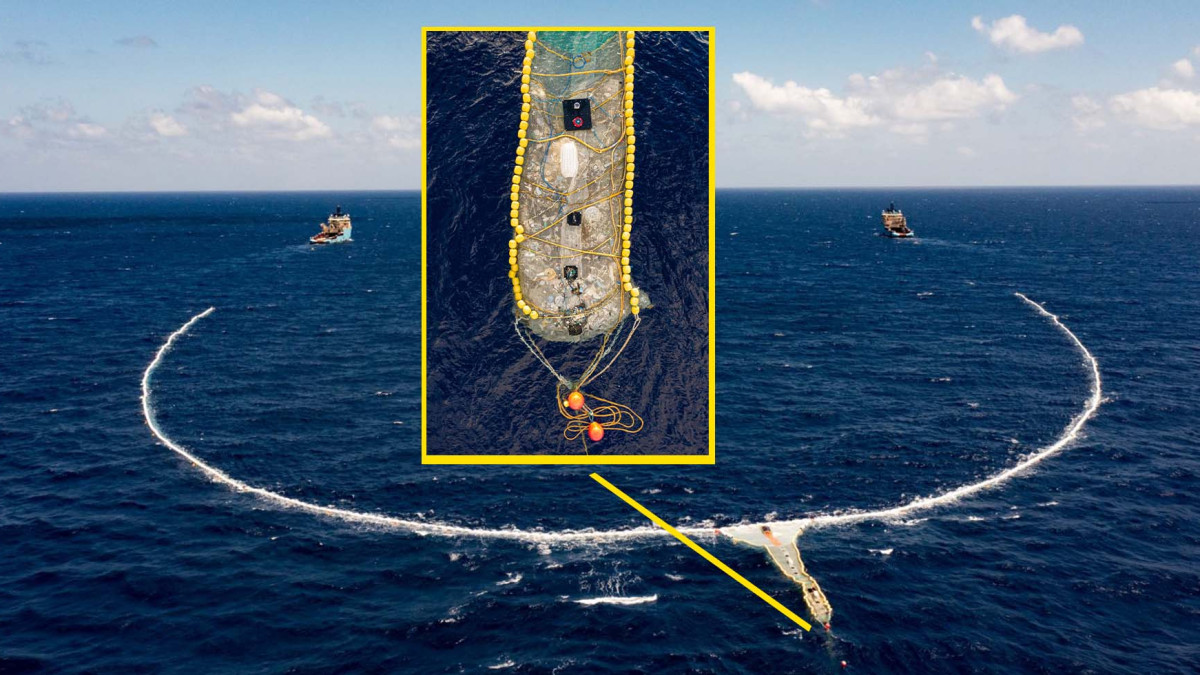
1. Boyan Slat’s The Ocean Cleanup system 002 starts to rid our oceans of plastic
On Wednesday, October 20th, The Ocean Cleanup welcomed back the offshore crew after a successful 12-week testing campaign in the Pacific that has led to proof of technology for the ocean cleanup design. With System 002 and plastic onboard, there was a brief pause at the Victoria Harbor to celebrate the dedication of the team and supporters before returning to the patch. There is no time to waste – cleanup is possible and it is imminent! For more on this story, click here.
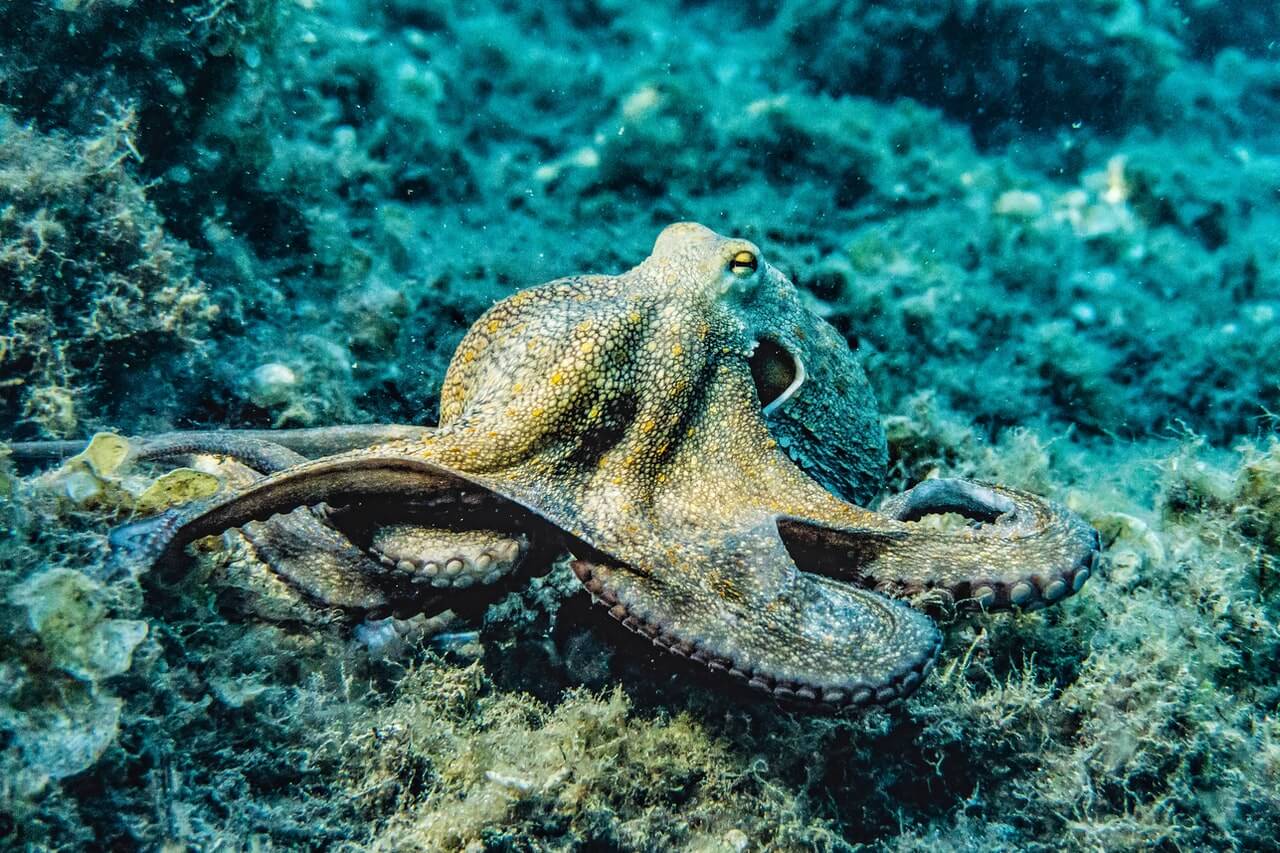
2. Octopuses, crabs and lobsters to be recognised as sentient beings under UK law
Octopuses, crabs and lobsters will receive greater welfare protection in UK law following a LONDON School of Economics (LSE) report which demonstrates that there is strong scientific evidence that these animals have the capacity to experience pain, distress or harm.
On Friday 19 November 2021, the UK government confirmed that the scope of the Animal Welfare (Sentience) Bill will be extended to all decapod crustaceans and cephalopod molluscs.
This move follows the findings of a government-commissioned independent review led by Dr Jonathan Birch. The review drew on over 300 existing scientific studies to evaluate evidence of sentience in cephalopods (including octopuses, squid and cuttlefish) and decapods (including crabs, lobsters and crayfish). For full details of this story, click here.
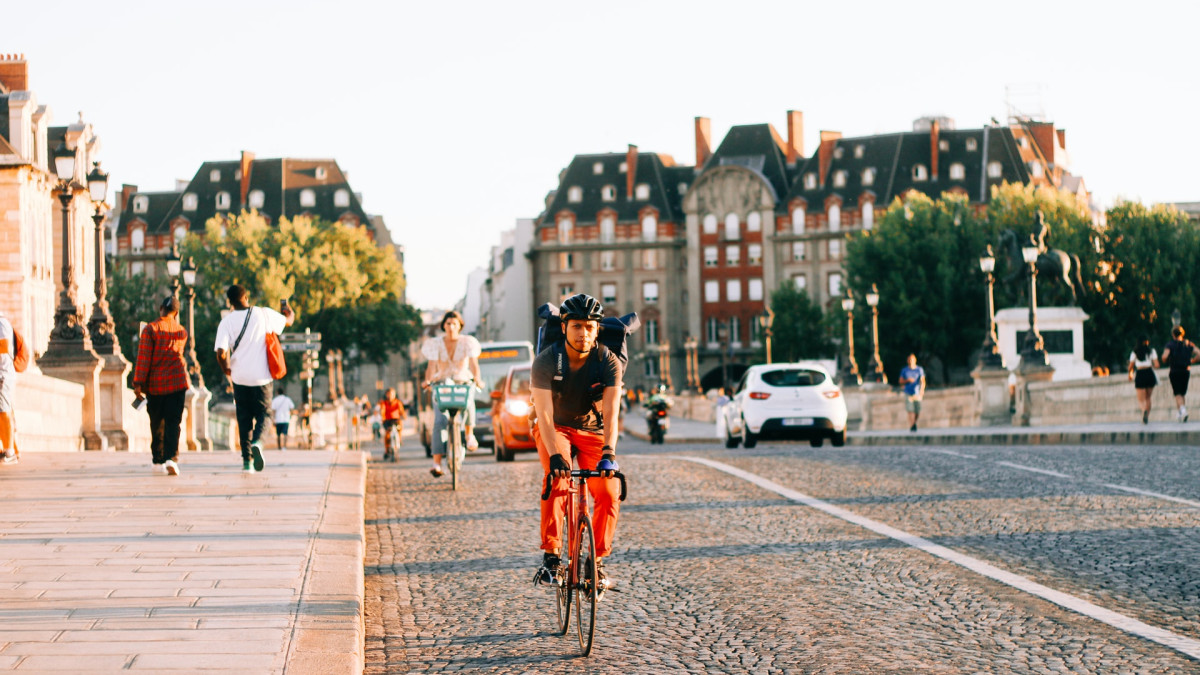
3. Paris is investing €250 million to become a 100% ‘cycling city’
Bike plan, act 2: after a first plan (2015-2020) of 150 million euros, a new 2021-2026 plan further increases the presence of bicycles in Paris and continues the construction of the bike city initiated for 20 years. This represents a budget of more than €250 million in investments, an additional €100 million compared to the bike plan of the previous mandate. In 2021, Paris has more than 1,000 km of cycling facilities, including more than 300 km of slopes and 52 km of provisional tracks completed after the first lockdown. These will be fully sustainable. For full details on this story, click here.
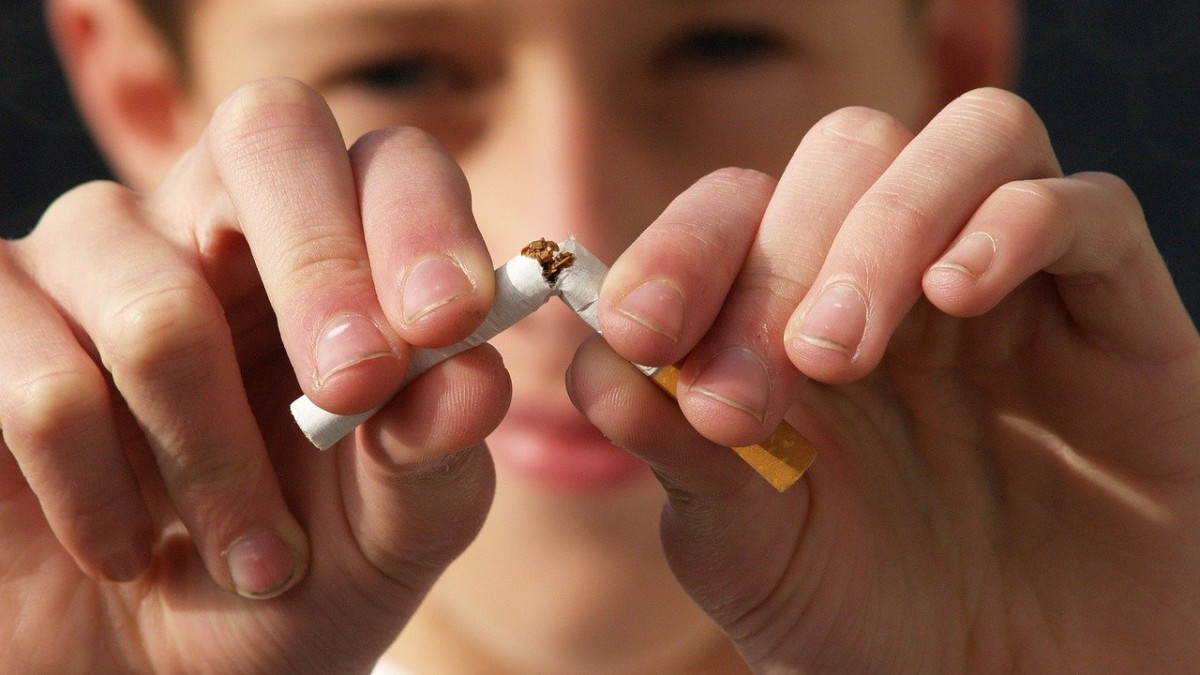
4. New Zealand plans to quit smoking for good with a lifetime cigarette ban for youth
On Thursday 9 December 2021, BrightVibes reported on New Zealand’s announcement to ban young people from ever buying cigarettes in their lifetime, arguing that other efforts to extinguish smoking were taking too long. New Zealand said it will ban young people from buying cigarettes for life, one of the toughest approaches in the world to curbing smoking deaths, as part of a wider plan that focuses on the disproportionate impact on its indigenous Maori population. For full details on this story, click here.
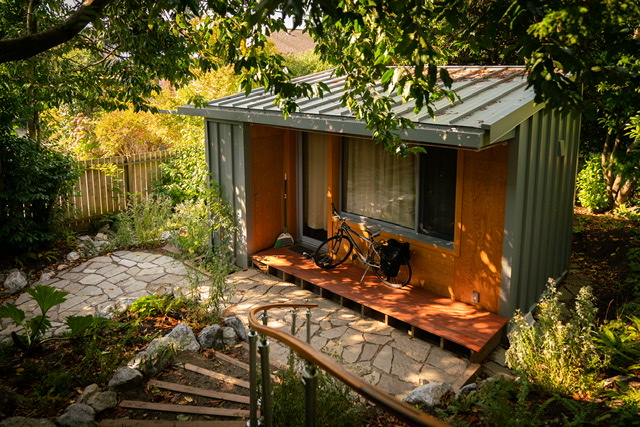
5. Seattle homeowners volunteer their backyards for tiny homes for unhoused neighbours
The Block Project builds fully equipped, healthy homes for people experiencing homelessness. BLOCK Homes are permitted and placed in homeowners’ backyards throughout Seattle. This model gives residents a place to call home and communities around the city an opportunity to make a real difference in supporting their unhoused neighbours and addressing the issue of homelessness together.
The tiny houses, at only 125 sq/ft (11.6 sq/m), have kitchen areas, bathrooms, a sleeping area, and a small covered front porch. They’re designed to the strict sustainability standards of the Living Building Challenge, with features like solar power and rainwater capture and purification. For full details on this story, click here.
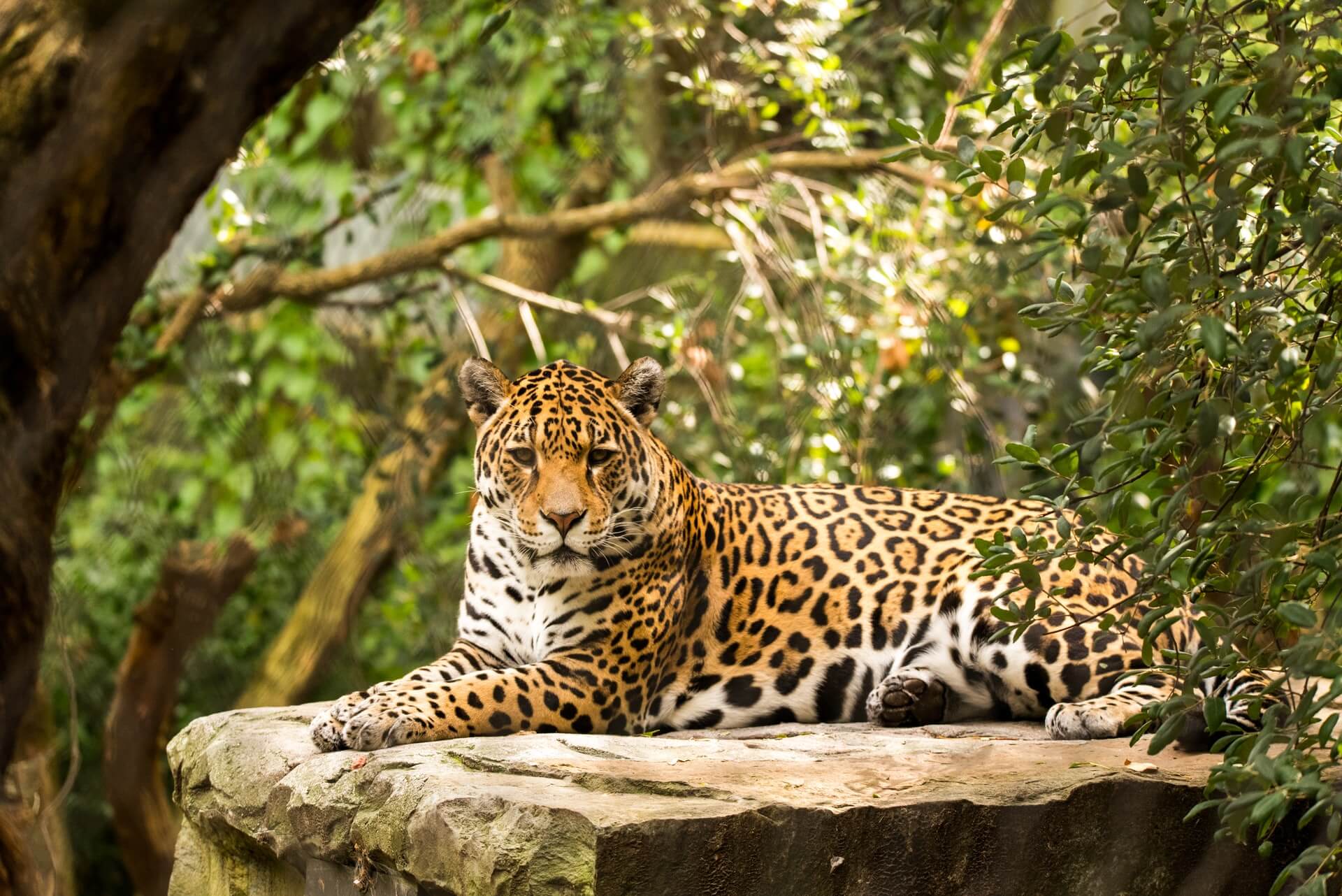
6. Mexico’s jaguar population up 20% in 8 years proving national conservation strategies work
The number of wild jaguars in Mexico grew by 20% in eight years, according to a new survey. There are currently 4,800 jaguars in Mexico, according to the study, which was carried out using, among other methods, nearly 400 remotely activated cameras installed throughout 11 Mexican states.
Details published at the time said the cameras took more than 4,500 photographs over a period of 60 days. Of those images, 348 were of jaguars and researchers were able to identify 46 individual animals. The cameras also captured 3,556 photographs of 20 species that serve as a food source for the big cat. The survey was led by researchers from 16 institutions and 25 academic groups. For full details on this story, click here.
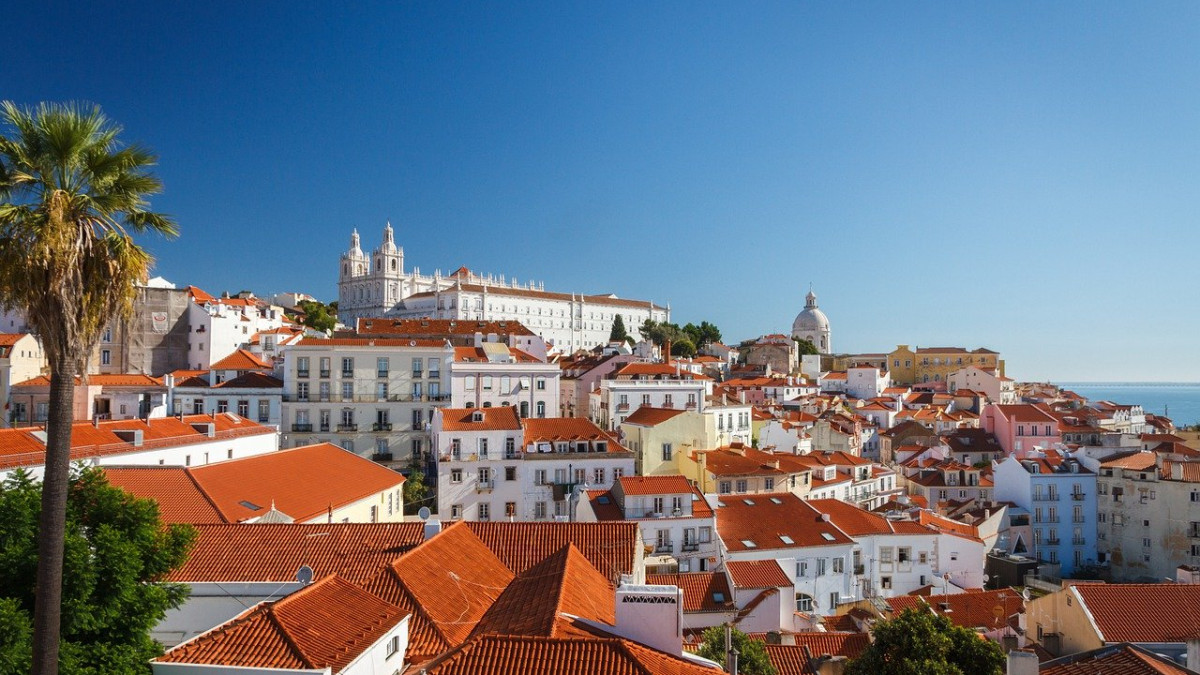
7. Portugal’s power production is now coal-free
The 628-megawatt Pego power station was shut down on 20 November, ten days ahead of schedule, marking the end of coal-fired power generation in Portugal. The country joins Belgium, Austria, and Sweden, as the fourth European nation to discontinue the use of coal. Although a hefty 60%-70% of its electricity comes from renewable sources, Portugal still relies heavily on imported fossil fuels to meet overall energy needs. For full details on this story, click here.

8. A brain implant offers new hope for sufferers of severe depression
Physicians at University of California San Francisco (UCSF) have successfully treated a patient with severe depression by tapping into the specific brain circuit involved in depressive brain patterns and resetting them using the equivalent of a pacemaker for the brain. The study, which appears in the Oct. 4, 2021, issue of Nature Medicine, represents a landmark success in the years-long effort to apply advances in neuroscience to the treatment of psychiatric disorders. For full details on this story, click here.
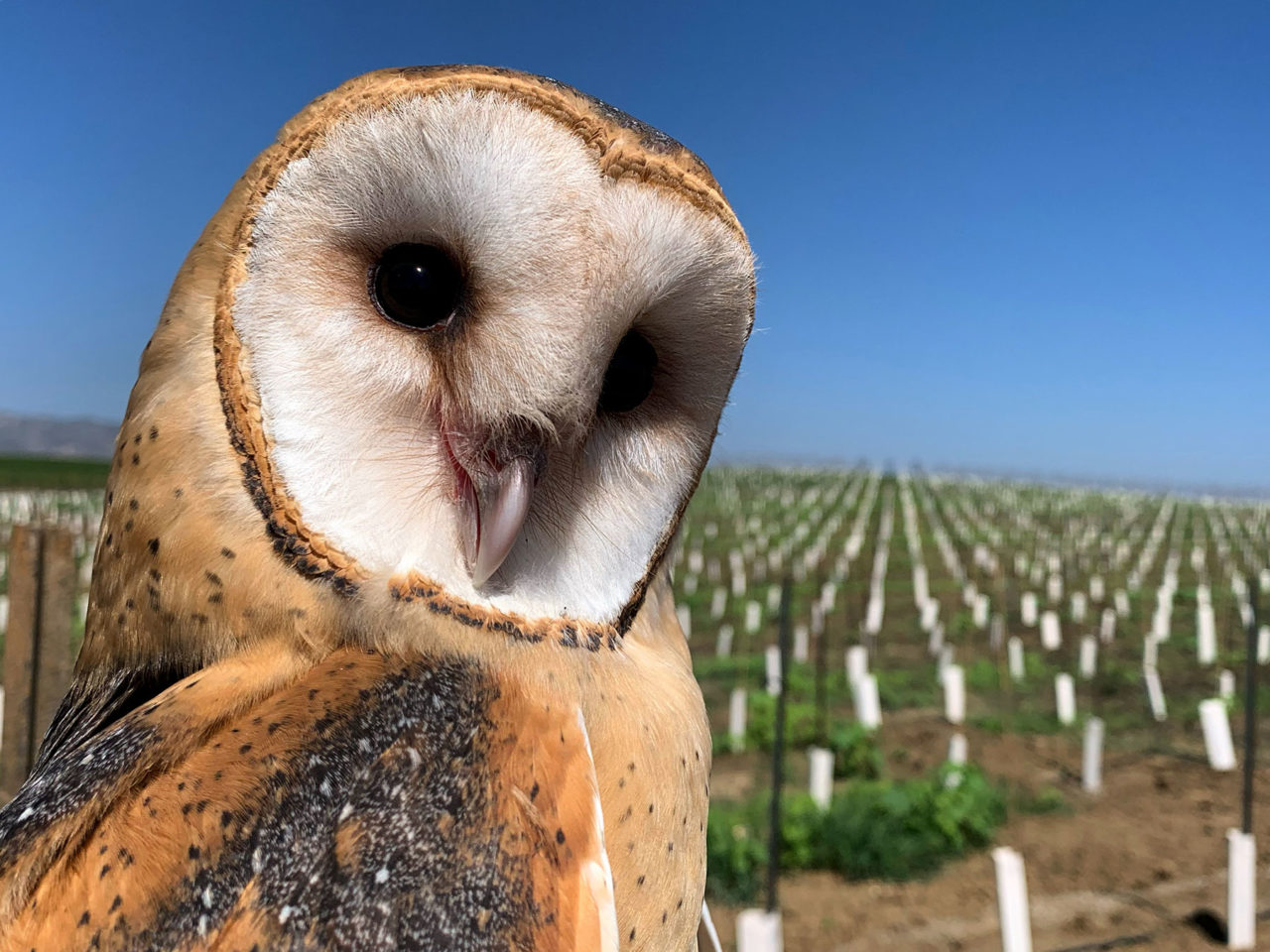
9. California vineyards turn to owls instead of chemicals for pest control
Napa Valley winemakers are increasingly turning towards airborne hunters for pest control, and away from costly and highly toxic rodenticides that poison everything, including the end product: their wine. Barn owls in particular, but also hawks and other birds of prey, known as raptors, are being welcomed onto vineyards across California for their skill in catching the rats, voles and gophers who love nothing more that to chow down on the vines and grapes.
The owls not only help winemakers lower their costs, they make the vineyards greener and keep ecosystems healthier. Scientists studying the impact of these strategies are finding encouraging results. For full details on this story, click here.
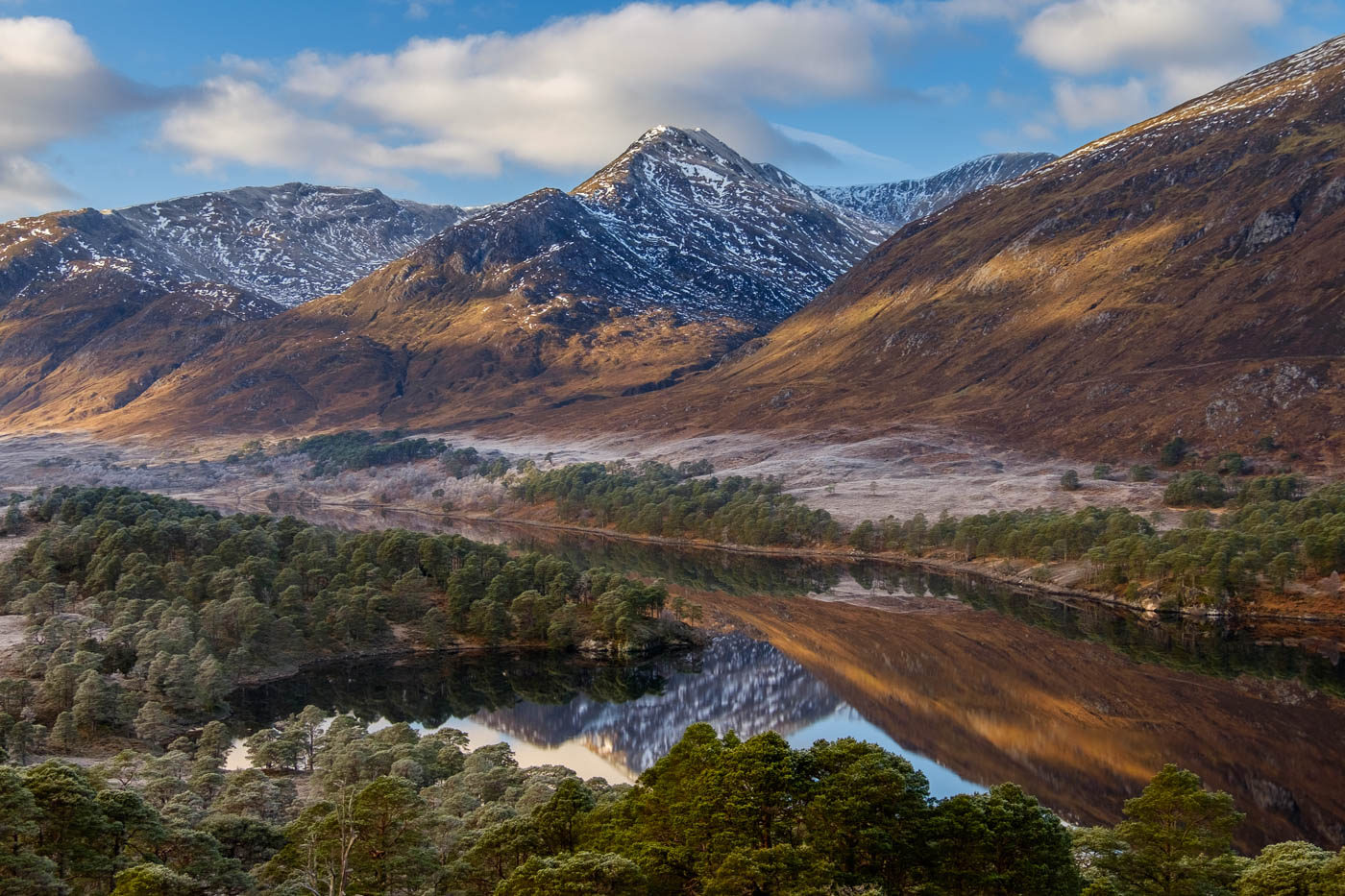
10. Scottish Highlands to be transformed by massive rewilding project
An ambitious 30-year landscape-scale rewilding initiative to link up a majestic sweep of the Scottish Highlands as one vast nature recovery area connecting Loch Ness to Scotland’s west coast has been launched by Trees for Life, and joins a select group of prestigious European rewilding areas.
The Affric Highlands initiative follows three years of consultation between Rewilding Europe, Trees for Life, and other local partners and stakeholders. It will restore nature across a network of landholdings potentially covering an area of over 500,000 acres (202,343 ha) stretching from Loch Ness across the central Highlands to Kintail in the west, and encompassing Glens Cannich, Affric, Moriston and Shiel. For full details on this story, click here.
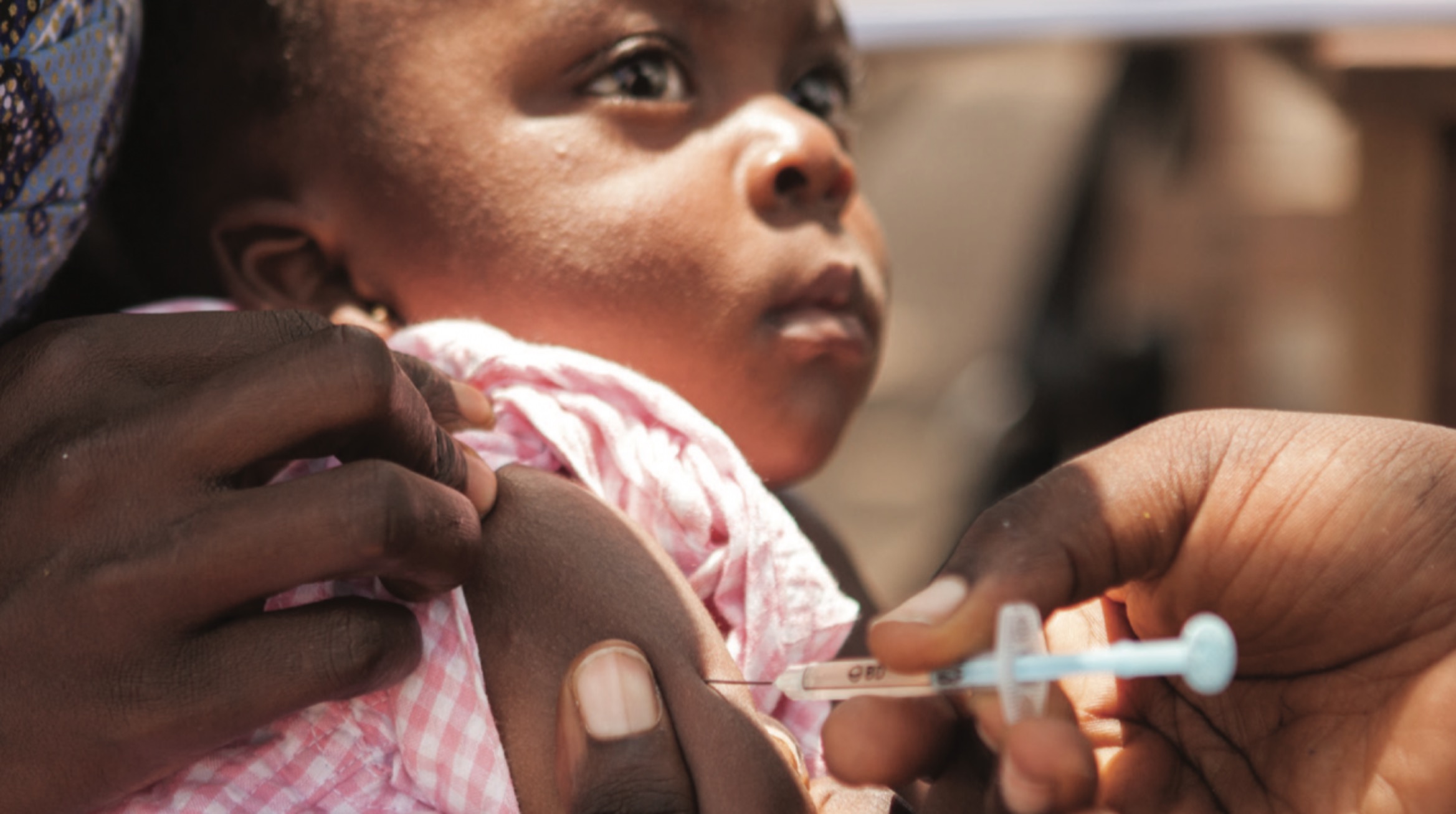
11. W.H.O. endorses groundbreaking malaria vaccine for children
The World Health Organization (WHO) is recommending widespread use of the RTS,S/AS01 (RTS,S) malaria vaccine among children in sub-Saharan Africa and in other regions with moderate to high P. falciparum malaria transmission. The recommendation is based on results from an ongoing pilot programme in Ghana, Kenya and Malawi that has reached more than 800 000 children since 2019.
“This is a historic moment. The long-awaited malaria vaccine for children is a breakthrough for science, child health and malaria control,” said WHO Director-General Dr Tedros Adhanom Ghebreyesus. “Using this vaccine on top of existing tools to prevent malaria could save tens of thousands of young lives each year.” For full details on this story, click here.

12. World’s oldest tropical rainforest has been handed back to aboriginal owners
The world’s oldest surviving tropical rainforest, the World Heritage-listed Daintree, was formally returned to its Traditional Owners last month. In a formal ceremony on Wednesday September 29, deeds for 160,213 hectares (618.6 sq miles) of country in Far North Queensland were handed to Eastern Kuku Yalanji elders for land that reaches from Mossman to Cooktown, including the entirety of Daintree National Park.
The campaign for traditional ownership and management of the Unesco World Heritage-listed Daintree National Park has been a four-year struggle for negotiators. Conservationists have welcomed the decision. For full details on this story, click here.


